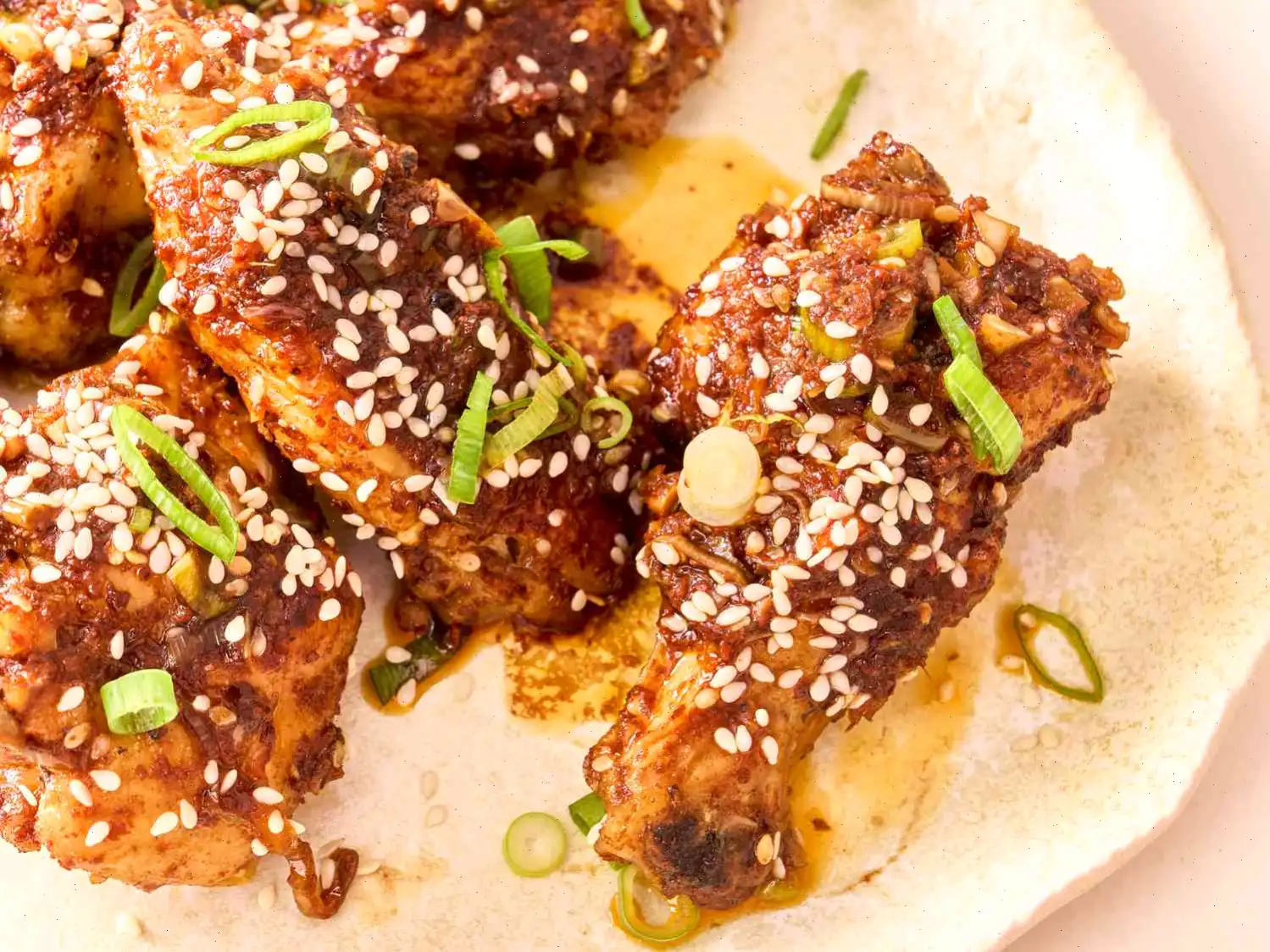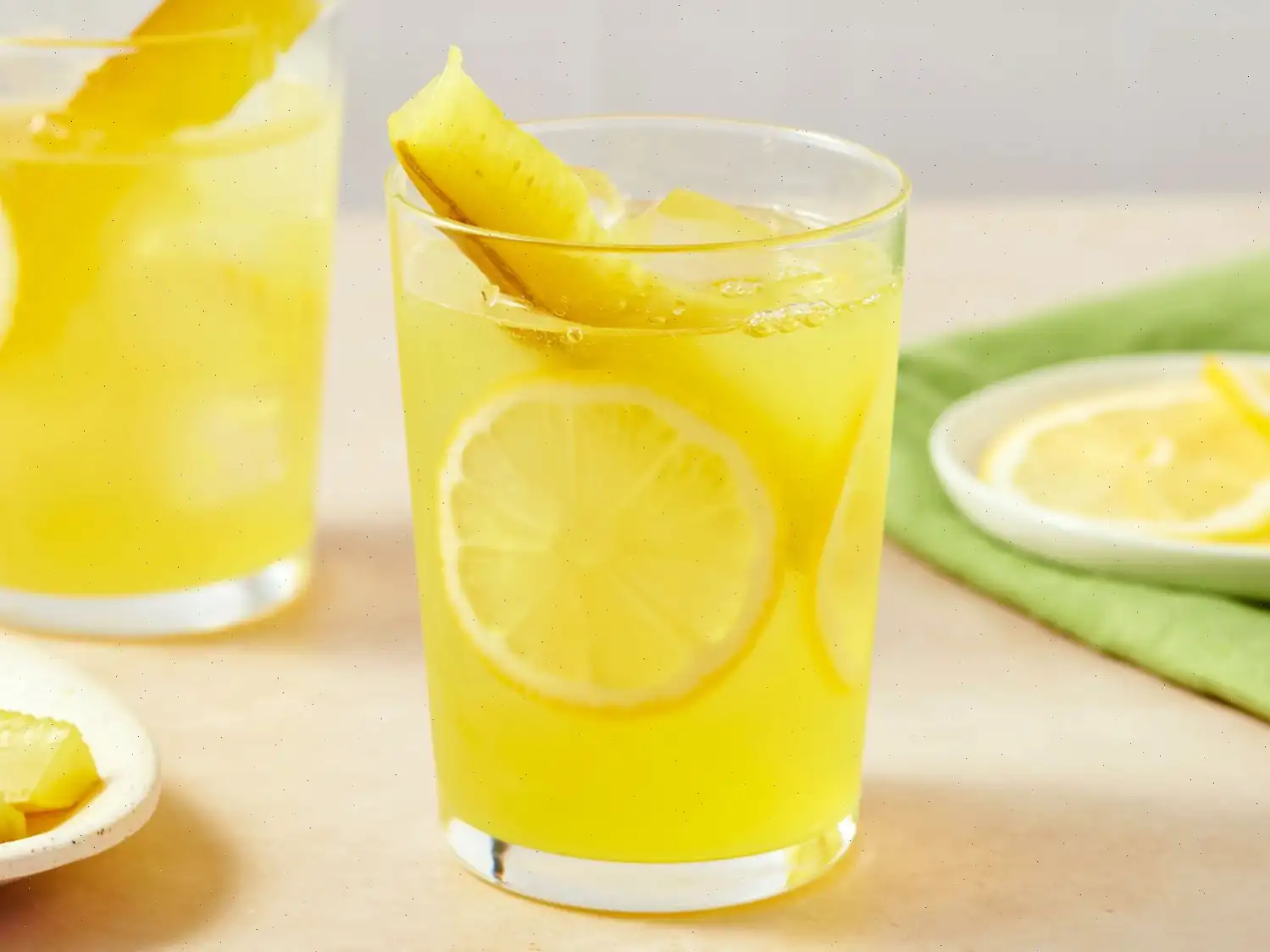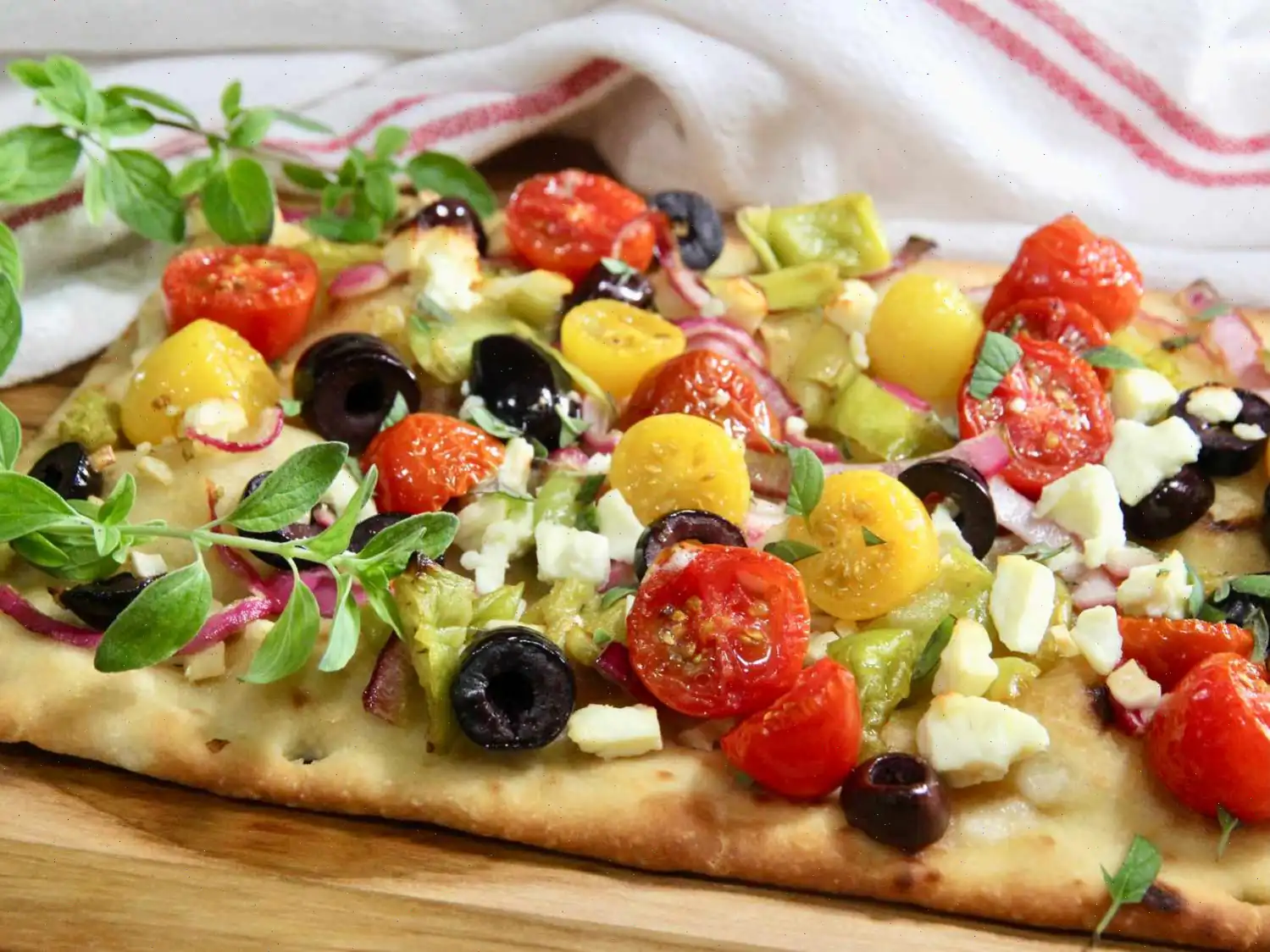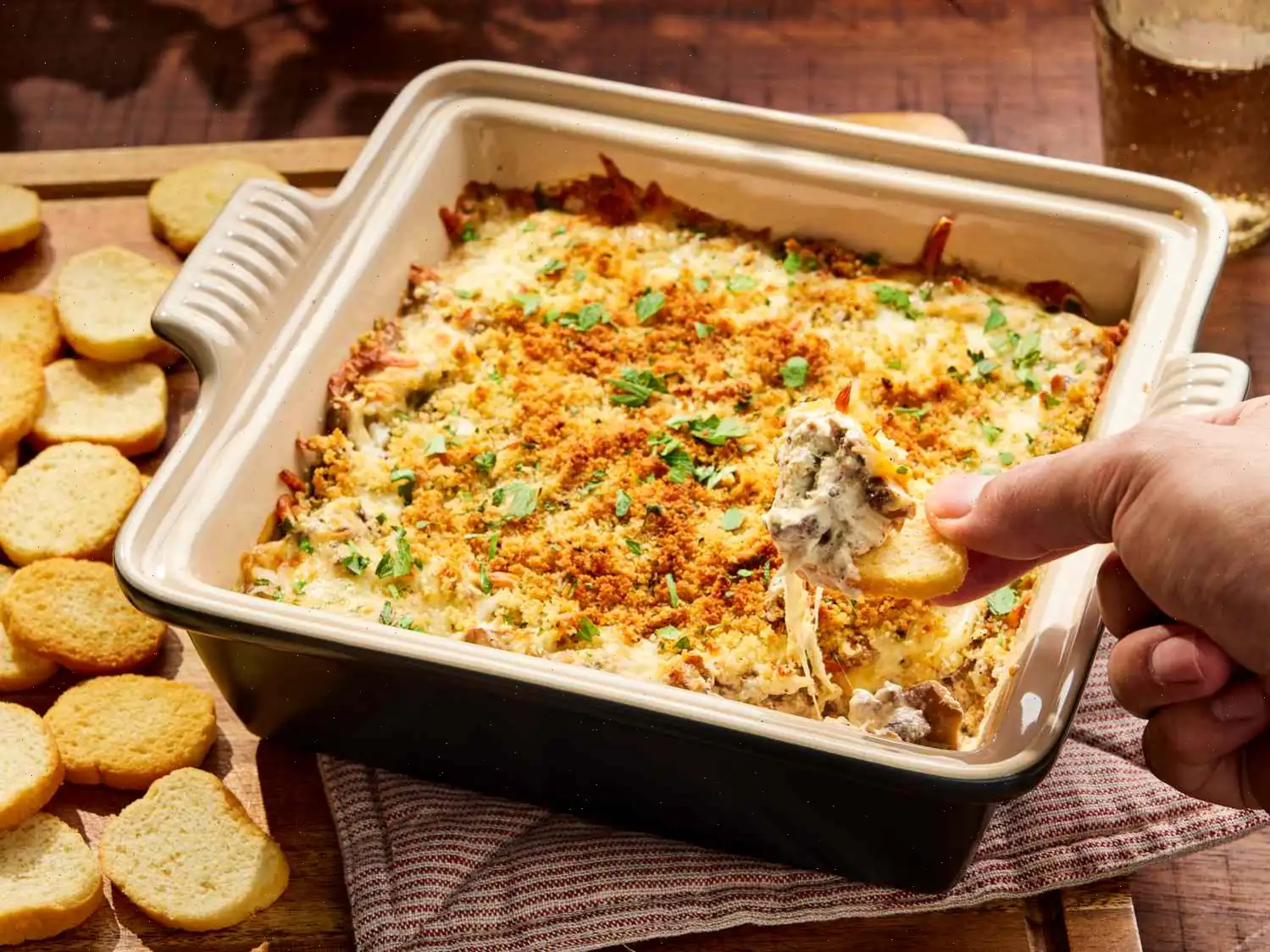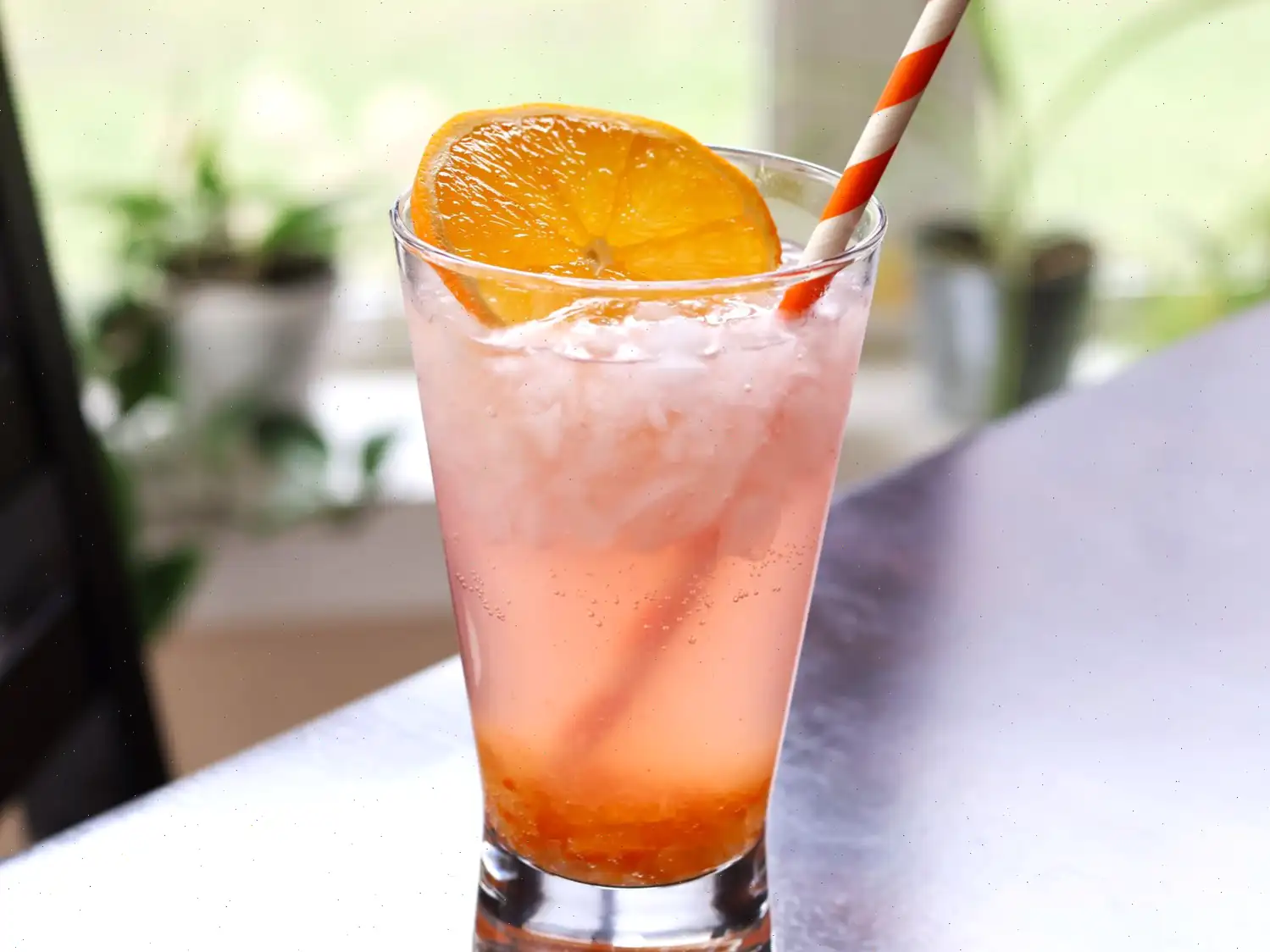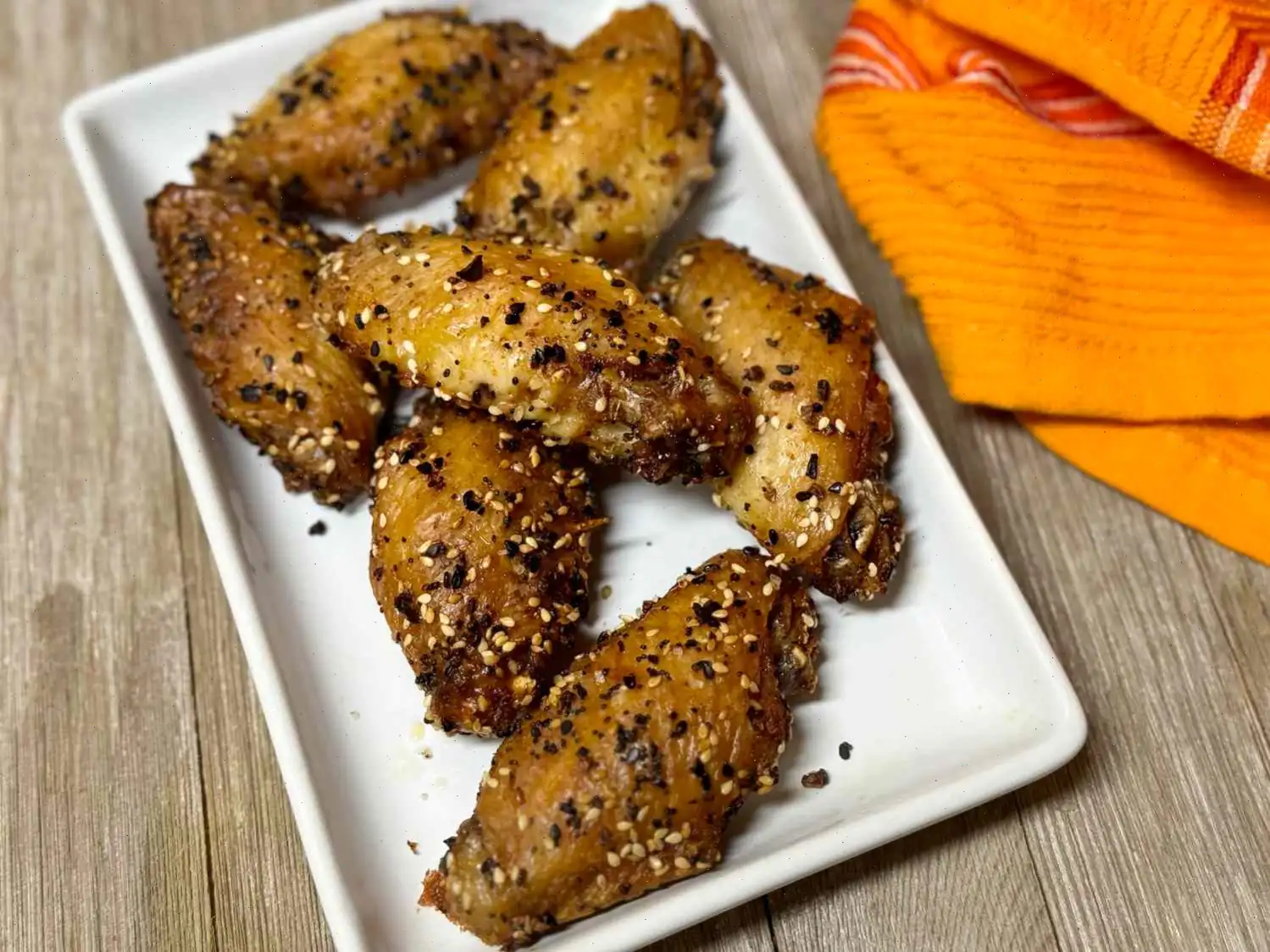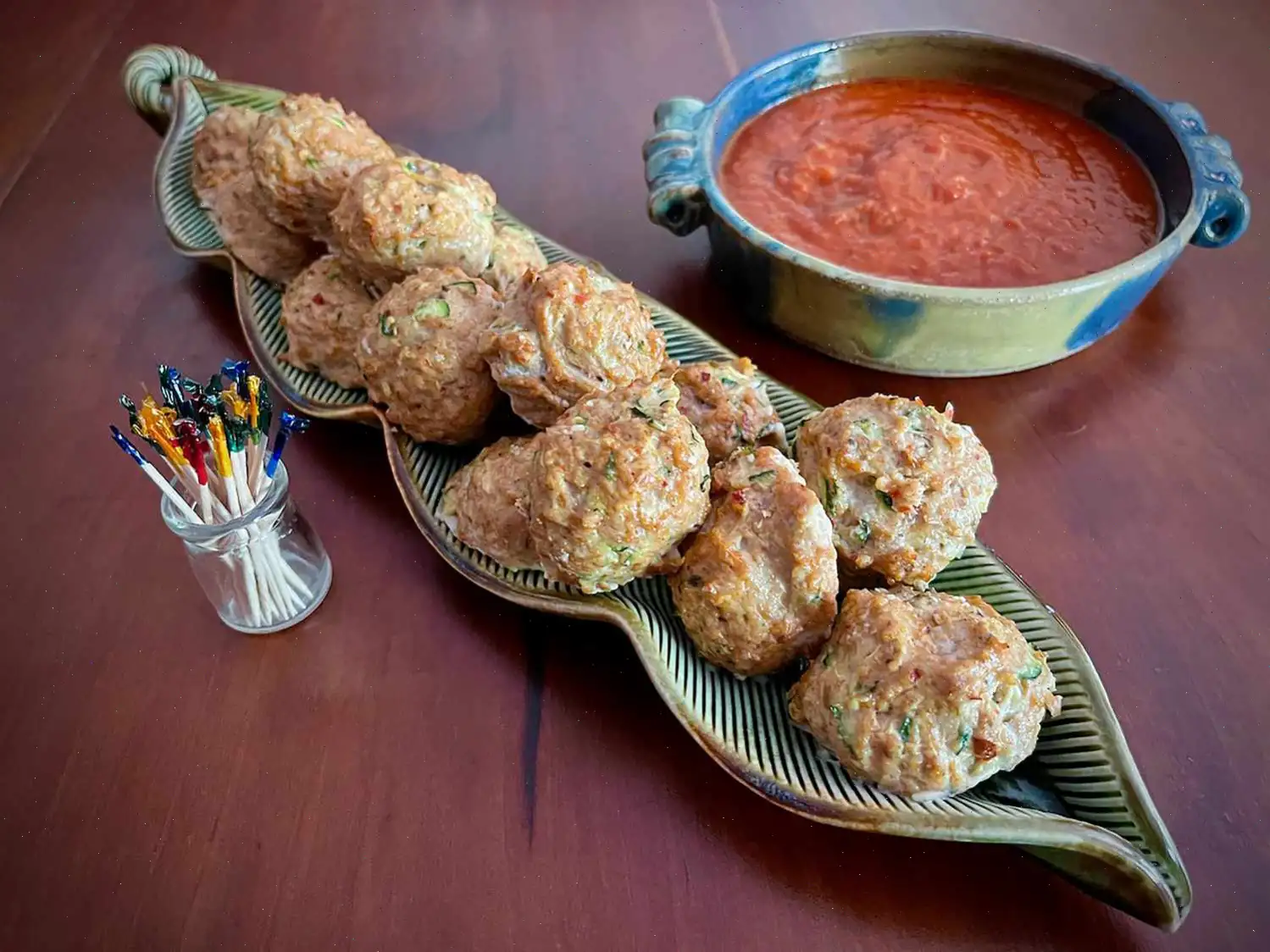
Receta de Alitas Mojadas
Estas alitas jugosas y sabrosas son el plato perfecto para cualquier reunión o fiesta. Con una salsa deliciosamente ácida y picante que cubre alitas de pollo crujientes, esta receta seguro será un éxito con tus amigos y familiares. ¡Sírvelas calientes y verás cómo desaparecen en un abrir y cerrar de ojos!
Ingredientes
- 900 gramos de alitas de pollo y muslos
- 1 cucharada de aceite de cocina
- 1 1/2 cucharaditas de sal kosher
- 1/2 cucharadita de pimienta negra recin molida
- 1 taza de salsa Wet Wet
- 1/2 ramo de cebolln, finamente picado (opcional)
- 1 cucharadita de semillas de ssamo (opcional)
Instrucciones
Paso 1: Preparar las alitas
Coloca las alitas de pollo en un tazn grande. Aade el aceite de cocina sobre ellas y luego espolvorea la sal kosher y la pimienta negra. Mezcla bien para asegurarte de que cada alita est cubierta uniformemente con los condimentos.
Paso 2: Disposicin para la coccin
Coloca las alitas sazonadas en la cesta de la freidora de aire, procurando que queden en una sola capa, sin superponerse, para lograr una coccin uniforme.
Paso 3: Cocinar las alitas
Ajusta la temperatura de la freidora de aire a 200C. Cocina las alitas durante 20 a 25 minutos, revisando de vez en cuando para asegurarte de que adquieran un color dorado y crujiente, y que la carne est bien cocida por dentro.
Paso 4: Preparar la salsa
Mientras las alitas se cocinan, prepara la salsa Wet Wet segn las instrucciones del envase. Una vez lista, resrvala para cuando las alitas estn listas.
Paso 5: Baar las alitas en salsa
Cuando las alitas estn completamente cocidas, retralas con cuidado de la freidora de aire. Vierte la salsa Wet Wet sobre ellas y mezcla suavemente hasta que cada pieza est bien cubierta por la salsa.
Paso 6: Adornar y servir
Si lo deseas, puedes agregar unas finas rodajas de cebolln y espolvorear semillas de ssamo por encima para dar un toque crujiente y fresco. Sirve las alitas de inmediato, mientras an estn calientes, y disfruta de este platillo delicioso y lleno de sabor.
Las alas "Wet Wet" son una variante moderna de la clsica ala de pollo estadounidense, nacida en la cultura innovadora de las alas de pollo a principios del siglo XXI. Mientras que las alas Buffalo ganaron fama en Buffalo, Nueva York, las alas Wet Wet se popularizaron en las cocinas del Sur y en los restaurantes urbanos que buscaban ofrecer una opcin ms dulce y con una salsa ms intensa. El trmino "wet wet" hace referencia a la capa espesa y pegajosa que las caracteriza, diferencindolas de las alas ligeramente baadas en salsa, ofreciendo una experiencia donde cada bocado est completamente empapado de sabor.
Caractersticas Regionales
Aunque las alas Wet Wet son ahora populares a nivel nacional, tienen variaciones regionales distintivas. En el sur de los Estados Unidos, la salsa suele incluir una mezcla de miel, salsa de soya y salsa picante, creando un perfil dulce y picante. En la Costa Oeste, a veces se aaden notas ctricas y ahumadas para una versin ms fresca y aromtica. A diferencia de las alas Buffalo del noreste, las alas Wet Wet rara vez tienen un sabor cido basado en vinagre; en cambio, se enfocan en una salsa rica y espesa que resalta tanto la dulzura como el umami.
Diferencias con Otros Platillos Similares
Las alas Wet Wet pueden parecer similares a otras alas de pollo con salsa, pero su identidad nica proviene tanto de su textura como de la intensidad de su sabor. A diferencia de las alas con condimentos secos o ligeramente baadas, las alas Wet Wet estn completamente cubiertas despus de frerlas o cocinarlas en una freidora de aire, asegurando que cada pieza est consistentemente baada en salsa. Comparadas con las alas de Miel y Ajo o las de Teriyaki, las Wet Wet tienden a combinar elementos dulces y picantes en una salsa coherente, en lugar de depender de un solo sabor dominante. La capa "wet wet" tambin las distingue de las alas pegajosas que pueden estar caramelizadas, pero no completamente cubiertas.
Ocasiones Tpicas de Servicio
Las alas Wet Wet son un favorito en reuniones informales, bares deportivos y fiestas en el jardn. A menudo se sirven como aperitivos, comida para comer con las manos o como parte de un buffet ms grande. Muchos restaurantes las acompaan con guarniciones simples como palitos de apio, aderezo ranch o salsa de queso azul para equilibrar la riqueza de la salsa. Su atractivo visual con una capa brillante las convierte en una opcin popular para presentaciones dignas de Instagram, aadiendo sabor y espectculo a cualquier comida.
Datos Interesantes
- A pesar de su nombre juguetn, las alas Wet Wet requieren una coccin precisa para mantener la crocancia antes de ser baadas en salsa.
- El concepto "wet wet" ha inspirado otros platillos, como "Wet Wet Drumsticks" y "Wet Wet Tofu", mostrando la versatilidad de este estilo.
- Las freidoras de aire se han convertido en un mtodo preferido para preparar las alas Wet Wet, ya que crean un exterior crujiente sin necesidad de frerlas completamente, lo que hace que la salsa se adhiera de manera ms efectiva.
- Algunos chefs experimentan aadiendo aceite de ssamo, ajo o pasta de chile a la salsa, dndole a las alas un toque nico de fusin.
- Este platillo es celebrado por su equilibrio de texturas: piel crujiente debajo de una capa pegajosa y sabrosa que realza cada bocado.
Preguntas frecuentes sobre Receta de Alitas Mojadas
Compartir
Comentarios
Deborah Baker
01/16/2024 10:15:46 AM
Extremadamente sabroso.

